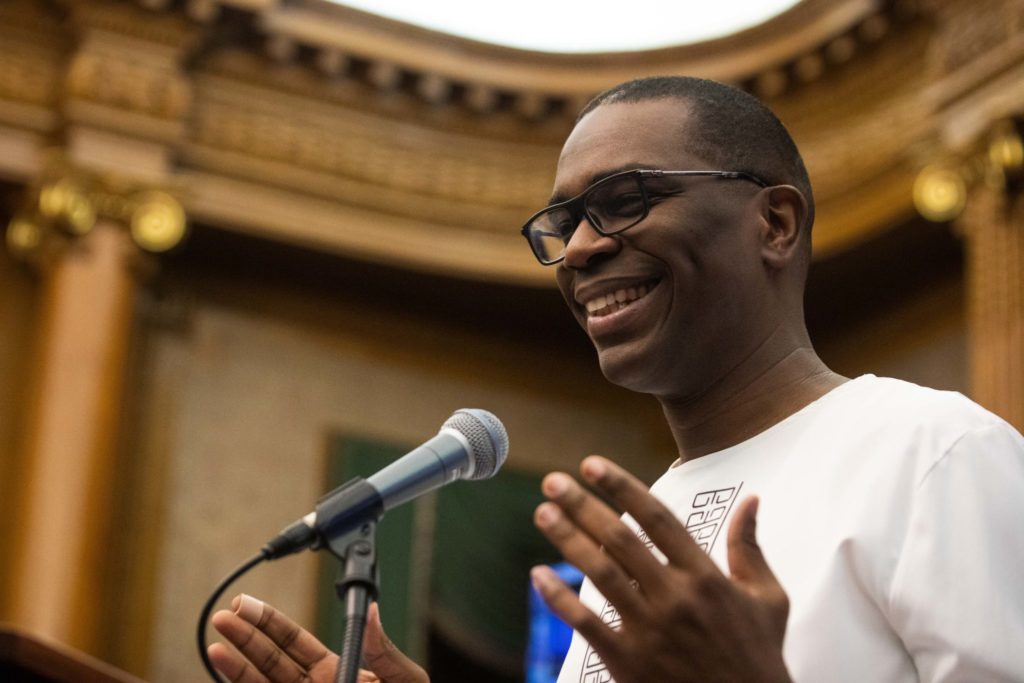Following shootings, Brooklyn pastor leads national conference on gun violence
For Pastor Gil Monrose, the issue is 'pervasive, part of a day's work'

 For many people, the abrupt arrival of civil and social unrest amid the COVID-19 pandemic and recent wave of protests was a striking wakeup call. For Pastor Gilford Monrose and the 67th Precinct Clergy Council (less formally known as “The God Squad”), the breadth of seemingly new challenges, especially in relation to the existing gun violence problem, was simply another day at the office.
For many people, the abrupt arrival of civil and social unrest amid the COVID-19 pandemic and recent wave of protests was a striking wakeup call. For Pastor Gilford Monrose and the 67th Precinct Clergy Council (less formally known as “The God Squad”), the breadth of seemingly new challenges, especially in relation to the existing gun violence problem, was simply another day at the office.
“Everything is intertwined. From police action to reform to COVID-19, all of this is intertwined to the violence that we see,” said Pastor Monrose. “People don’t realize that this affects us in different ways and in different communities. I think now we are seeing that played out before our very own eyes. If we have been constantly on the street working with young people, working with different groups being on the ground and then you pull away police support, clergy support, safety net support for 190 days, basically the void that you had that’s holding back the violence, that void is now gone.”
In an ongoing effort to combat gun violence in communities locally and nationally, the 67th Precinct Clergy Council and organizations representing at least seven other communities nationally banded together on July 1 for the first National Gun Violence Prevention Training program for clergy. Held via Zoom, the training drew nearly 200 clergy and lay people from across the country as well as local politicians Brooklyn Borough President Eric Adams and Public Advocate Jumaane Williams.

Brooklyn Boro
View MoreNew York City’s most populous borough, Brooklyn, is home to nearly 2.6 million residents. If Brooklyn were an independent city it would be the fourth largest city in the United States. While Brooklyn has become the epitome of ‘cool and hip’ in recent years, for those that were born here, raised families here and improved communities over the years, Brooklyn has never been ‘uncool’.